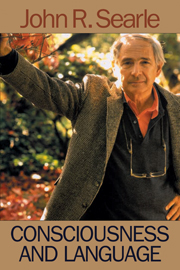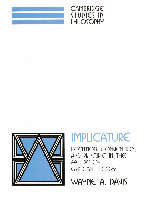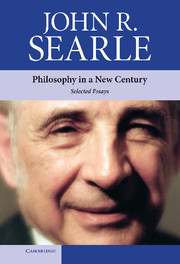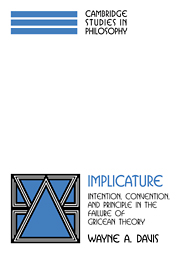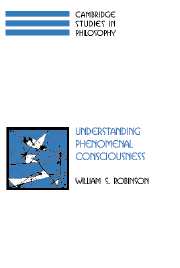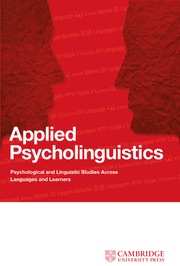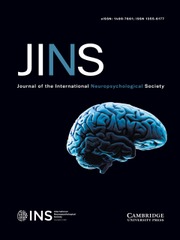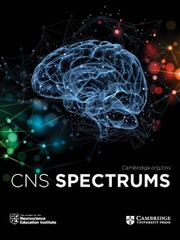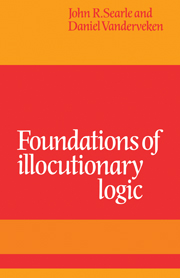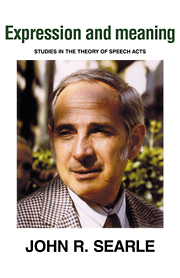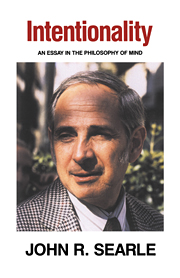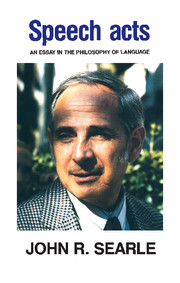Consciousness and Language
One of the most important and influential philosophers of the last 30 years, John Searle has been concerned throughout his career with a single overarching question: how can we have a unified and theoretically satisfactory account of ourselves and of our relations to other people and to the natural world? In other words, how can we reconcile our common-sense conception of ourselves as conscious, free, mindful, rational agents in a world that we believe comprises brute, unconscious, mindless, meaningless, mute physical particles in fields of force? The essays in this collection are all related to the broad overarching issue that unites the diverse strands of Searle's work. Gathering in an accessible manner essays available only in relatively obscure books and journals, this collection will be of particular value to professionals and upper-level students in philosophy as well as to Searle's more extended audience in such fields as psychology and linguistics.
- Searle remains one of the most important and influential philosophers of the last 30 years, with an international reputation (he reviews regularly for both the New York and London Review of Books)
- This collection brings together important essays on consciousness and language currently buried in fairly obscure journals and books
Reviews & endorsements
"The scope and consistency of these views, which have now became classical, is truly impressing...Searle is doing some genuinely pioneering work here, suggesting some genuinely new research programs in philosophy of mind."- Alexandre Billon, Metapsychology Online Reviews
Product details
July 2002Paperback
9780521597449
280 pages
230 × 154 × 19 mm
0.39kg
2 b/w illus.
Available
Table of Contents
- 1. The problem of consciousness
- 2. How to study consciousness scientifically
- 3. Consciousness
- 4. Animal minds
- 5. Intentionality and its place in nature
- 6. Collective intentions and actions
- 7. The explanation of cognition
- 8. Intentionalistic explanations in the social sciences
- 9. Individual intentionality and social phenomena in the theory of speech acts
- 10. How performatives work
- 11. Conversation
- 12. Analytic philosophy and mental phenomena
- 13. Indeterminacy, empiricism and the first person
- 14. Skepticism about rules and intentionality.

